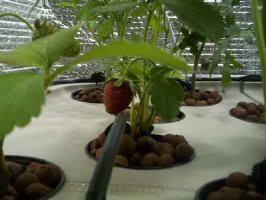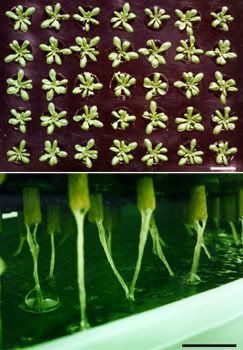An effective garden doesn’t mean it has to be huge and hold tons of plants. Not everyone has the space for a garden like that, but they can grow thriving plants in a small area as long as there’s access to sunlight.
Gardens have grown in many places - from a small patch of ground outside of a home to planting pots placed outside one’s front door. The size of your garden doesn’t matter because it’s the quality of your gardening skills that will provide you with thriving plants.
You’ll want to research the plants you want to grow within your garden. Find out what plants can be planted near each other, which ones need the most sunlight and any care instructions needed to grow a particular type of plant.
This will help you plan the placement of your garden, whether you plant in a small patch of land or in planters. Next, you’ll need to find out when each plant should be planted. Some need to be planted ahead of others, so plan accordingly.
Now you’re ready to purchase the plants or seeds, whichever you choose to grow in your garden. Make sure you have the right size planters for your garden if you go with gardening pots. The plants need some space to grow, so don’t overcrowd them.
Make sure you use top quality potting soil. Your plants could use the extra effort to provide them with the nutrients they need to grow and thrive. Your local gardening center can help you decide which soil would be best for you to use.
Even gardens grown in small areas will have problems with insects that feed on your plants, so make sure you purchase plants that are inviting to the insects that will keep the harmful ones under control so they won’t have time to destroy your garden.
Some fertilizing soil has ingredients mixed in that will help repel some of the pests, so check them out as well. If you feel you must use pesticides, use them sparingly. Most of these harmful chemicals can affect the plants as well as animals and children, so use only what’s absolutely necessary for your garden.
Every garden, no matter if it’s big or small, needs to be nurtured. Stay on top of the weeds, aerate the soil once in awhile and water as often as needed. No garden will thrive without the proper care and nurturing from the gardener, so don’t neglect them.
Small gardens can thrive just as much as larger ones, so if you don’t have the space for a big garden, just make use of the space you do have and grow healthy and robust plants. With the proper care, any garden can produce excellent plants.
Take the time to plan out your garden to use the best areas of the small space that you have. Your small garden could then outmatch any large one if you put forth your best effort and make it successful.
By Paul Duxbury
Successful Gardening in Small Spaces
5:43 AM
ThanateTan







